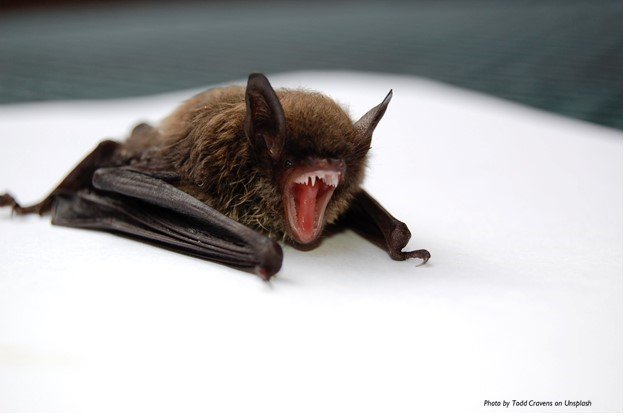Over the years we have experienced a rising trend in emergence of zoonotic diseases such as MERS, SARS, Ebola and now COVID-19. These diseases are as a result of virus transmission from animals or insects to the human population. The occurrence of zoonotic diseases especially COVID-19 is a reminder of the interrelationship between human beings and nature. It is another step towards the realization that exploitation of natural resources by people can have a negative impact on our health, economies and ecosystem.

World Wildlife Fund’s WWF international science team conducted a review of scientific and government literature to determine where and how nature and zoonotic pathogen pathways intersect. During a webinar presentation of WWF’s literature review dubbed ‘Beyond Boundaries: Emerging zoonotic diseases, nature and human well-being’, Rebecca Shaw, Chief Scientist, WWF highlighted the three critical drivers accelerating the emergence of zoonotic diseases as:
- Land-use change for agriculture which results in degradation of nature
- Intensification and expansion of agriculture and animal production to meet increasing demand for animal protein worldwide
- High-risk trade and consumption of wild meat as a delicacy or alternative protein
According to the review, the outcomes of these activities are increased exposure and vulnerability of humans to animal pathogens. Since the pathogens that cause these diseases keep mutating, the increased frequency of interaction between animals and humans poses more danger increasing the probability of zoonosis.
The covid-19 pandemic has demonstrated the importance of a collective response by governments, civil society organizations, industries and the public towards transformative action to protect natural ecosystems thereby preventing future pandemics. In a report ‘COVID-19: Urgent Call to Protect People and Nature’, WWF calls upon these sectors to promote the recovery of natural ecosystems and create a nature positive world by 2030. The organization has put forward three recommendations that will help avoid future pandemics:
- Stop illegal, unregulated and high-risk wildlife trade and consumption
- Support sustainable food systems that stop encroachment on nature
- Build a more sustainable relationship between people and nature through sustainable and just economic recovery approaches with defined and holistic goals
Find out more about zoonotic diseases and how we can reduce the risk of future pandemics by reading the WWF report or watching this recent webinar with Rebecca Shaw, Chief Scientist, WWF.


Add a Comment